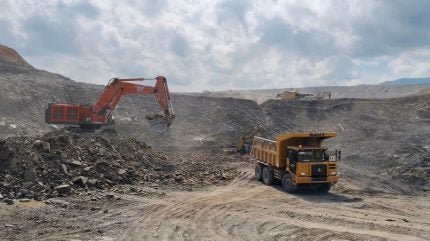
A report by accounting firm Crowe and the University of Portsmouth’s Centre for Cybercrime and Economic Crime reveals that fraud accounts for some 6.4% of expenditures in mining.
The study draws on 25 years of research and paints a stark picture of the activity’s reach. Globally, corruption costs the economy $2.6trn or roughly 5% of total gross domestic product.

Discover B2B Marketing That Performs
Combine business intelligence and editorial excellence to reach engaged professionals across 36 leading media platforms.
According to the report, both research and practical action show examples of the cost of fraud being reduced by up to 40% within 12 months.
Hence, if the cost of fraud is 6.4%, this can be reduced by more than 2.5% to just under 4%. Over a longer period, this can be reduced further.
The report highlights several case studies. Crowe was brought in by one of the largest copper mines in the world to proactively reduce fraud and corruption. The mine in question spends $800m per annum on procuring goods and supplies.
Crowe’s research found that 300 people weren’t on the payroll, and 7.8% of procurement expenditures were lost annually. Steps were taken to address this issue, resulting in a 51% reduction in losses and savings of $20m per year.

US Tariffs are shifting - will you react or anticipate?
Don’t let policy changes catch you off guard. Stay proactive with real-time data and expert analysis.
By GlobalDataIn another instance, forensic experts investigating a gold mining company in Australia operating in West Africa discovered the head of operations’ involvement in a corrupt scheme. The executive was bribed by contractors who provided inferior work and falsified government licences, leading to losses of more than $1m.
As per Crowe, fraud and corruption risk a company’s reputation and result in substantial hidden expenses. Most fraud involves many small-value transactions, making it extremely difficult to detect. Efforts to combat fraud and corruption in the mining industry should concentrate on preventing fraud rather than responding after it has occurred and losses have been suffered.
“The bad news is that the cost of fraud is significant and increasing; the good news is that something can be done to reduce that cost, and like with any cost, that can improve profitability,” the report reads.





